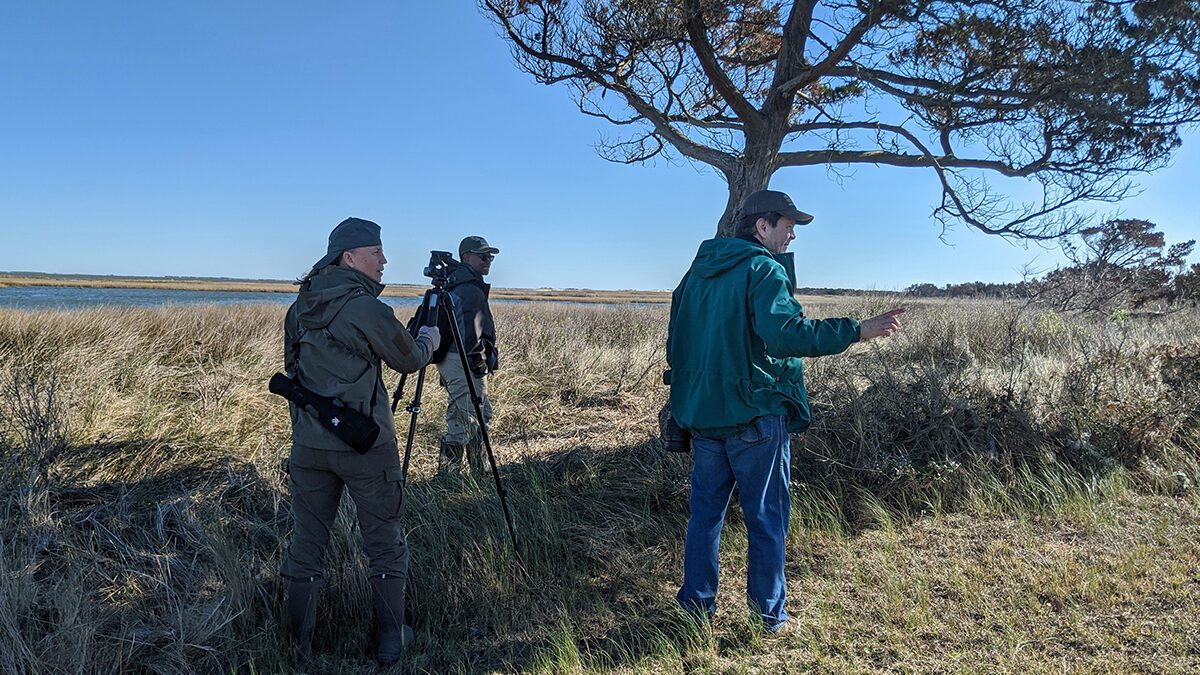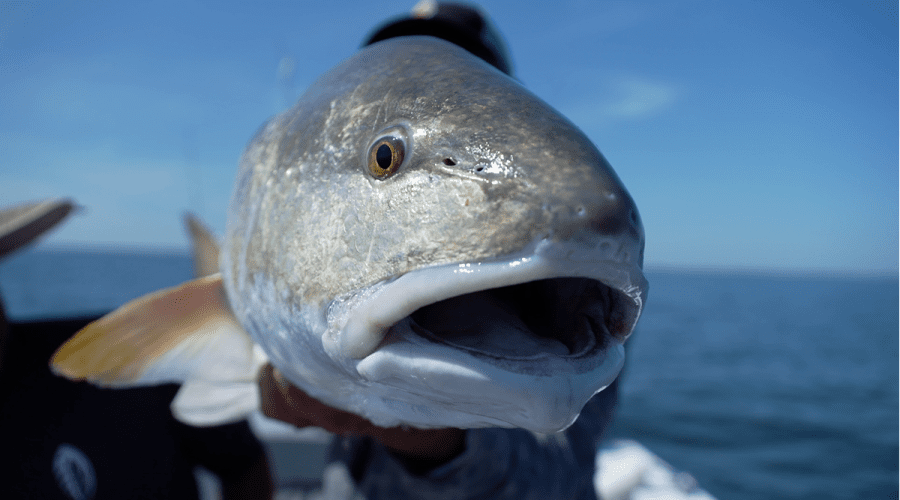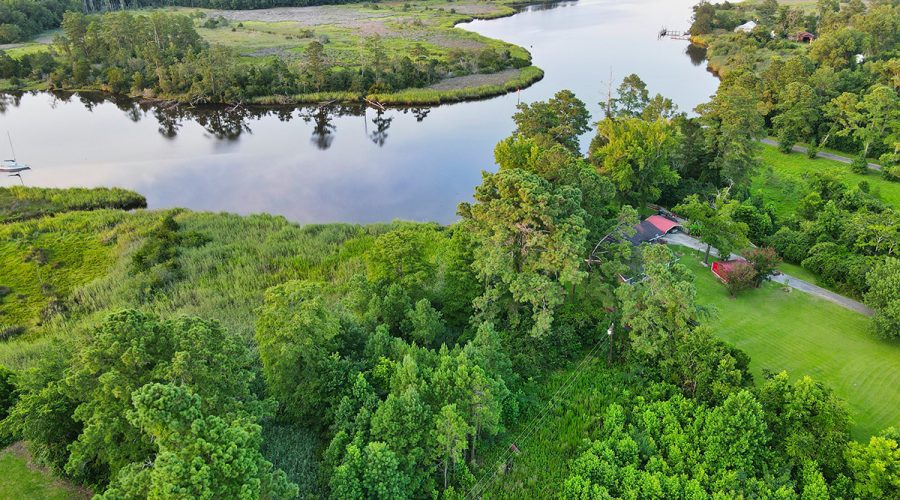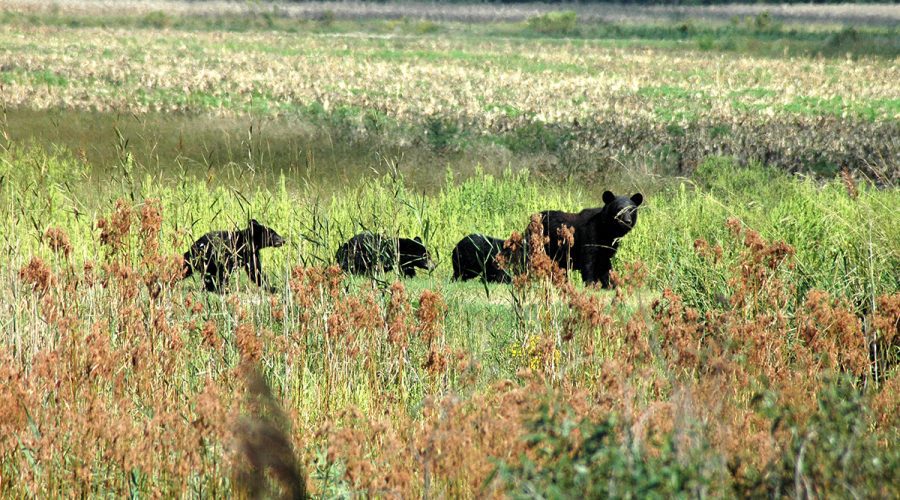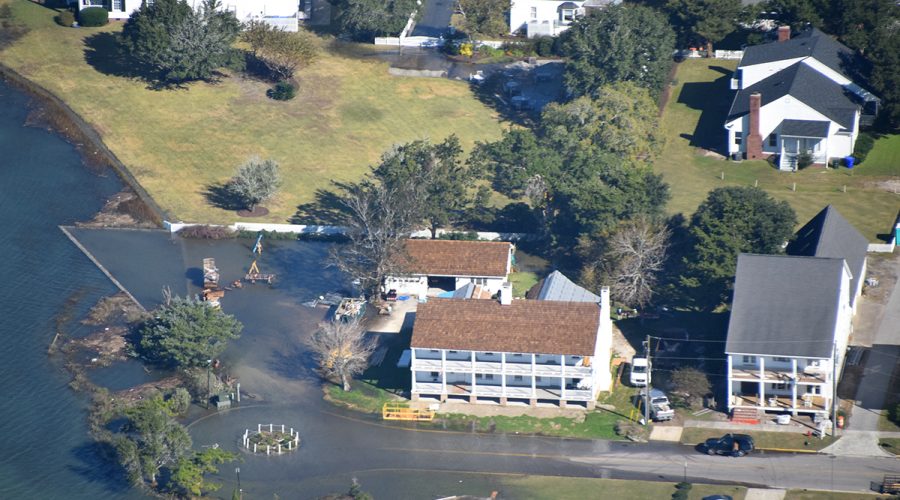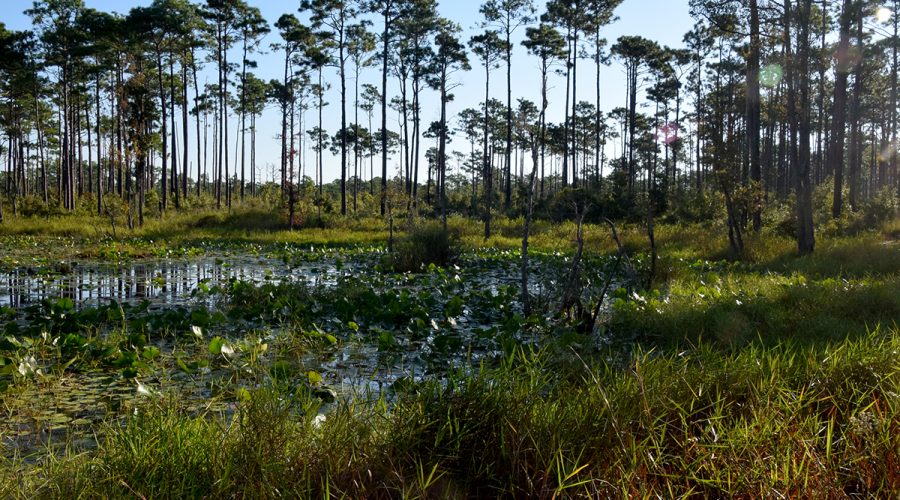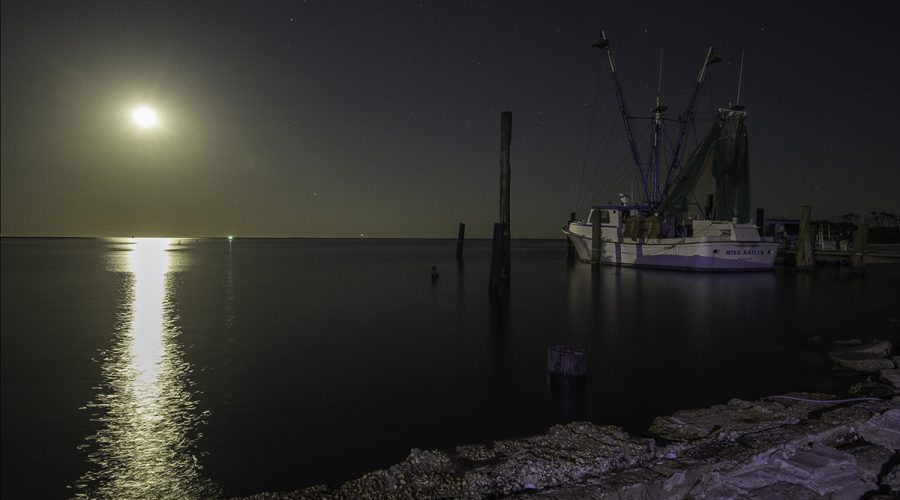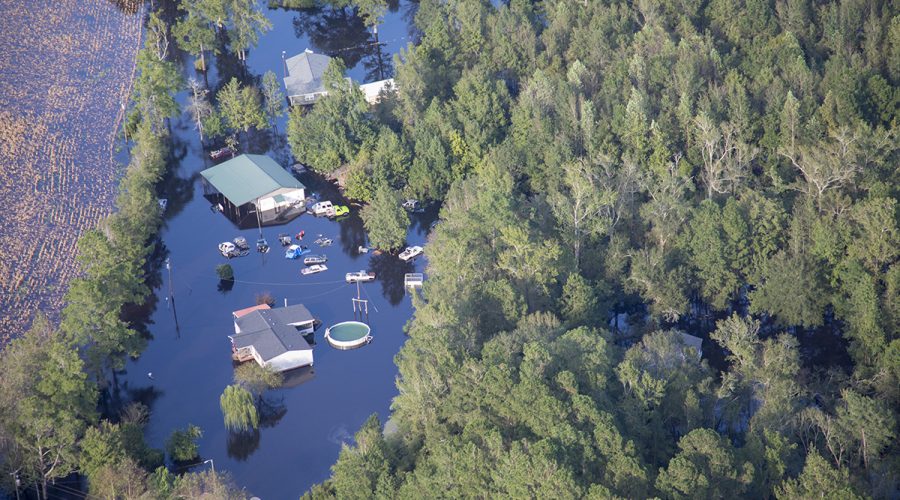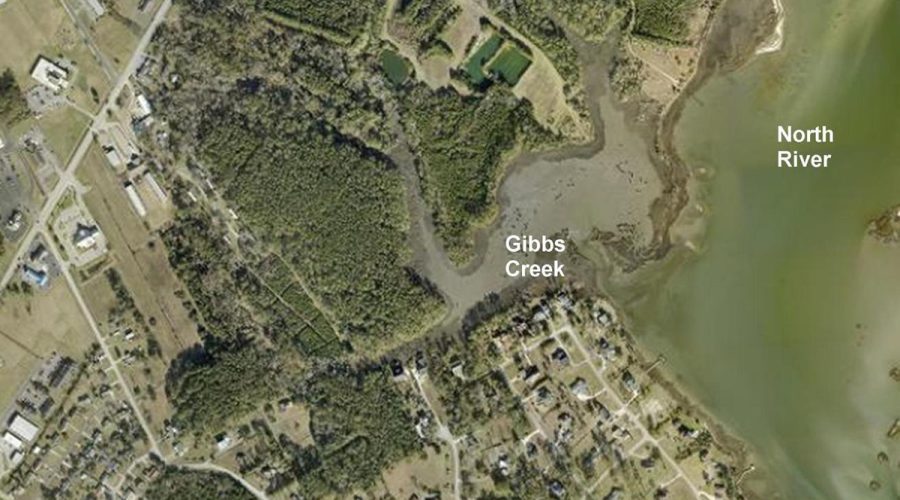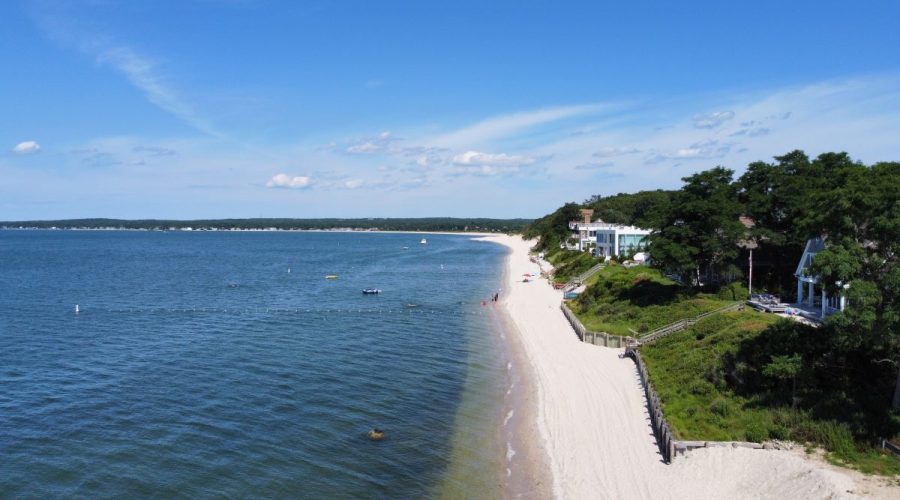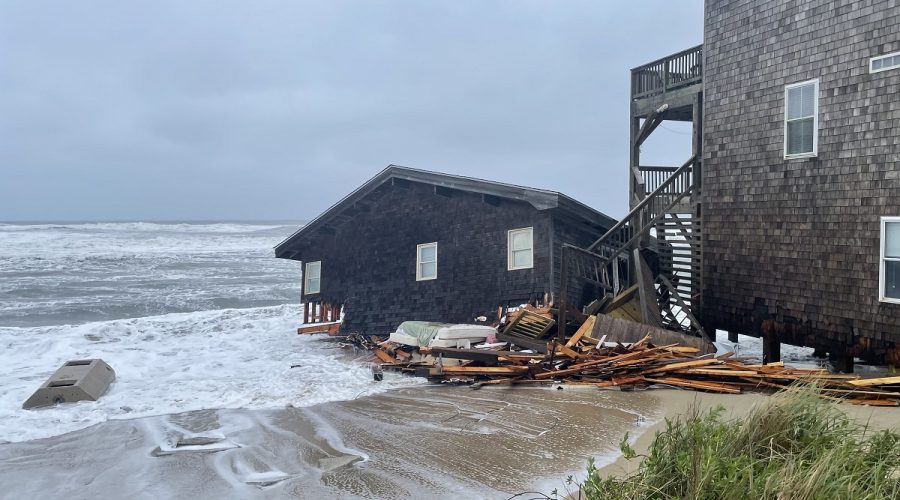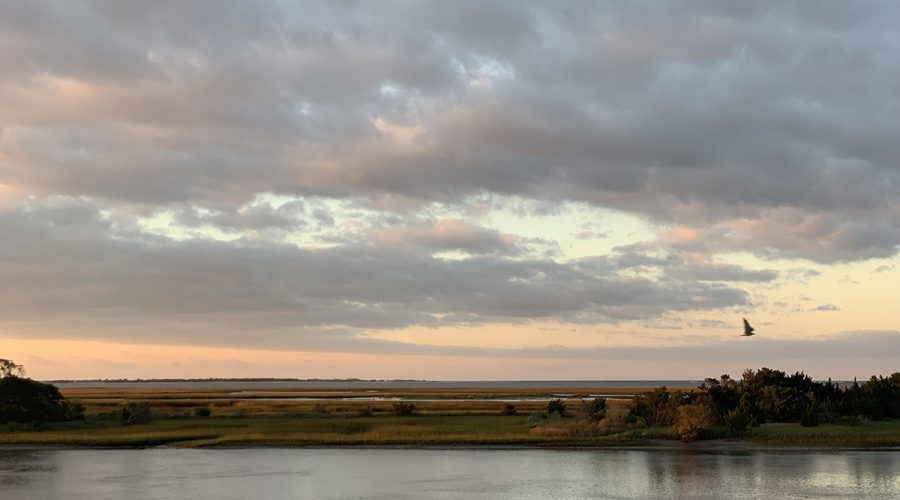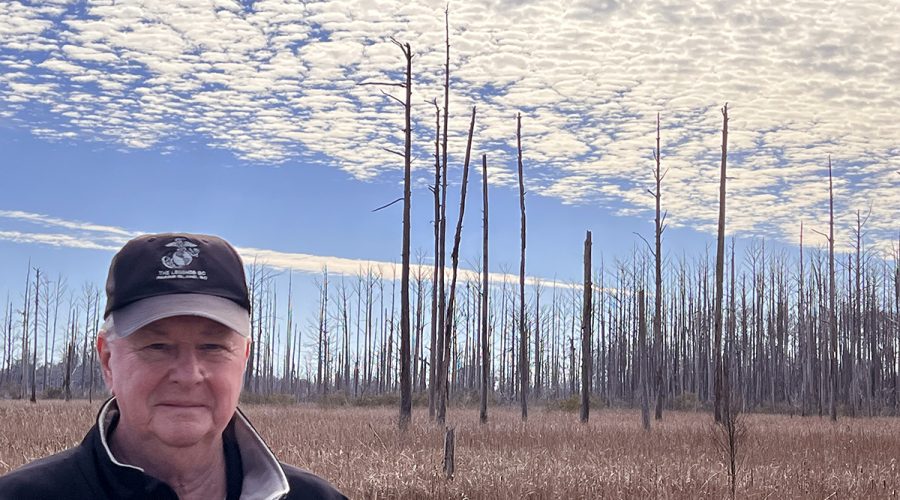Hardy birders, volunteers, aspiring community scientists, photographers and others will soon have their chance to count birds on Ocracoke and Portsmouth islands to improve understanding of bird life trends that have implications for all.
Guest Columns
Opinion: Catch reports will improve fisheries management
Guest commentary: The state needs time to build out its new catch-reporting system, and while it may annoy some, the improved data will mean more fish, longer seasons.
State’s Flood Resiliency Blueprint a necessary new approach
Commentary: Building flood resilience across the state saves $6 for every $1 spent before disaster strikes, and a new tool developed in collaboration with numerous stakeholders can help local leaders determine where to invest.
Where war looks lost, Mother Nature fights climate change
Alligator River National Wildlife Refuge and other, nearby refuges and state lands especially vulnerable to climate change are getting $27.5 million from the Inflation Reduction Act for nature-based solutions.
Three-hundred-year-old Beaufort faces existential threat
Guest commentary: Duke University senior Holden Buchanan examines Beaufort’s duality as a coastal science hub and example of climate vulnerability.
A special time to remember the 1896 E.S. Newman rescue
The Miami-based Coast Guard Cutter Richard Etheridge is named for the first African American to command a Life Saving Station, one known for the Oct. 11, 1896, rescue of all onboard the shipwrecked schooner.
Five years after Florence: A look back at resilience efforts
Guest commentary: The effects of Hurricane Florence in 2018 linger today, and though progress toward resilience has been made, the recent loss of wetland protections will come to bear after future storms.
Attention NC seafood consumers: Consider the source
Proposed legislation, lawsuits, petitions, and other drastic efforts have been attempted that would deny coastal North Carolinians access to local seafood.
Homebuyers have a right to know about past flood damage
The North Carolina Real Estate Commission is now poised to consider giving home buyers the right to know a home’s flood history and other flood risk information.
Venus flytrap: Carolinas’ most unique plant still in peril
The U.S. Fish & Wildlife Service ruled last month that the Venus flytrap “is not facing an imminent threat of extinction now or in the foreseeable future,” but the agency underestimated the increasing risks.
A local call to save seagrass on World Oceans Day
World Oceans Day is a time to consider the threatened underwater meadows that are home to important marine species and the foundation of the coastal economy, writes Ryan Speckman, co-owner and co-founder of Locals Seafood in Raleigh.
AECs: A way for people to promote responsible development
North Carolina has a process the public can use to nominate an Area of Environmental Concern and protect the natural and cultural treasures in coastal areas that belong to everyone.
Coastal Enhanced Weathering: A promising climate solution
UNCW professor Larry Cahoon writes that a nature-based climate restoration solution that his lab is collaborating on may eventually be able to capture a billion tons or more of carbon dioxide each year while reducing ocean acidity and helping to protect coastlines.
Buying out threatened oceanfront homes is not a crazy idea
Dr. Rob Young, director of the Western Carolina University/Duke University Program for the Study of Developed Shorelines, compares the costs of a possible buyout of 80 highly exposed properties in Rodanthe to the costs of beach nourishment, which could be triple that amount over 15 years.
‘A strange and beautiful place’: My portable paradise
The paddle from downtown Beaufort to the Rachel Carson Reserve offers “tranquility like no other” for guest columnist and N.C. Coastal Reserve Communications Specialist Jillian Daly.
Cape Fear River Ghost Trees: What stories could they speak?
Guest commentary: The Cape Fear River and its historically important and scarce resources are rapidly being lost or adversely altered forever.

